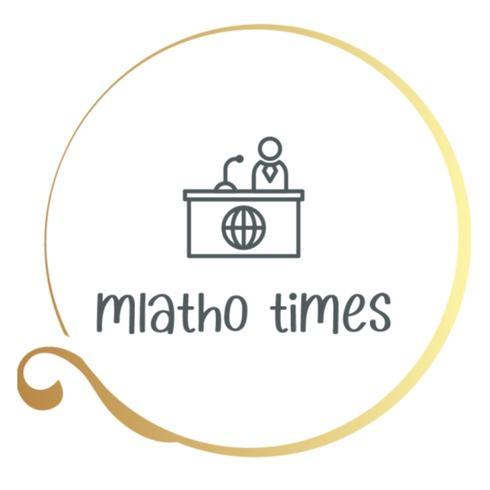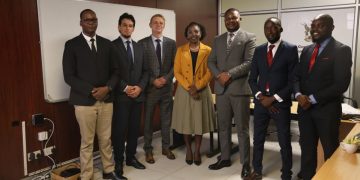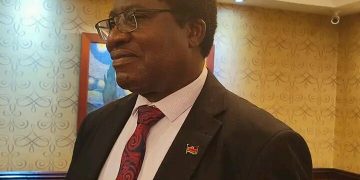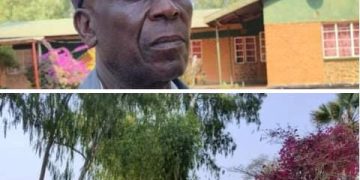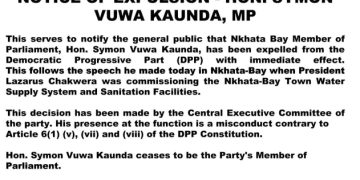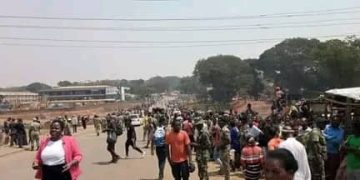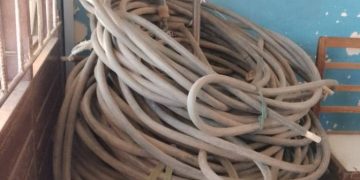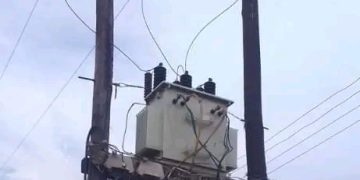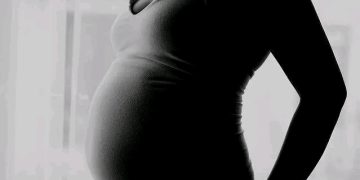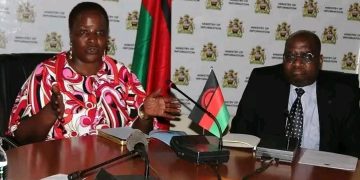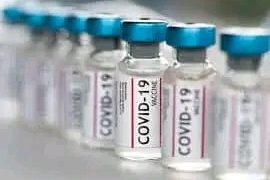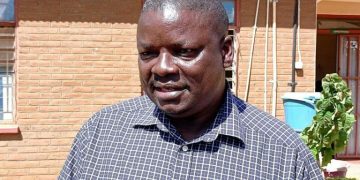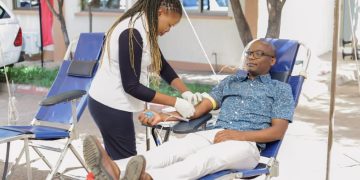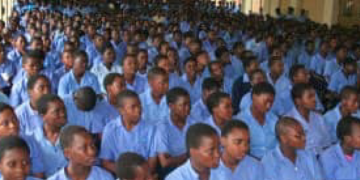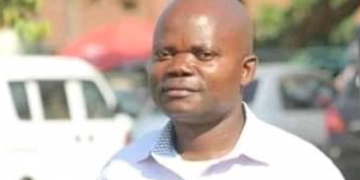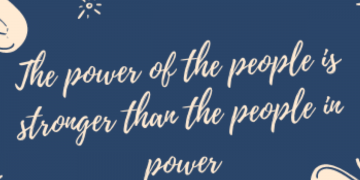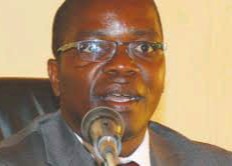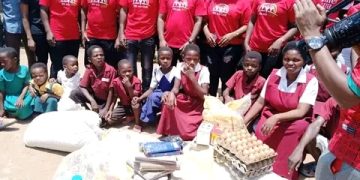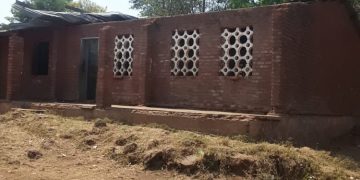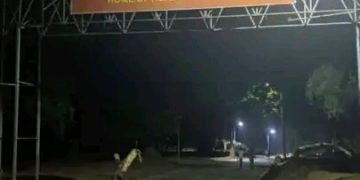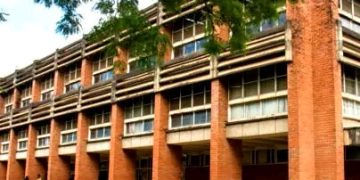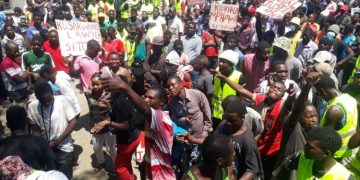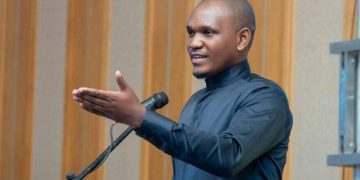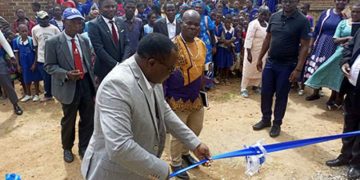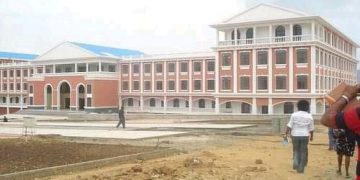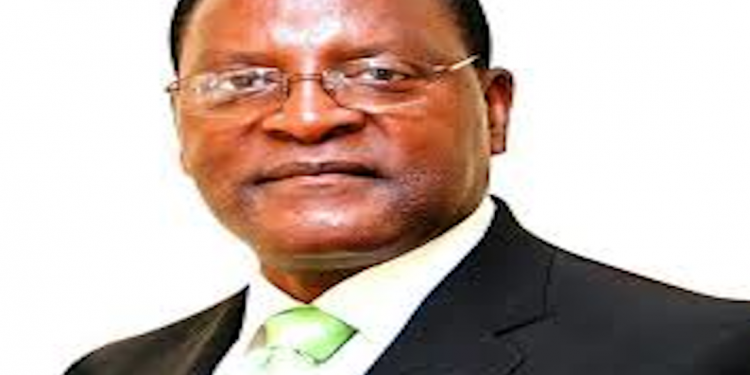His Excellency the State President Dr Lazarus McCarthy Chakwera says there’s need for total coordination to win the war against COVID-19 pandemic.
The Malawi Leader was speaking in Lilongwe on Saturday in a weekly radio program Malawi Watsopano which seeks to highlight key issues and Government interventions on the same.
In last night’s broadcast President Chakwera focused on COVID-19 status.
Below is the full speech:
Fellow Malawians,
As I promised two weeks I ago, I have come to give you a report on the status of our fight against the coronavirus pandemic. This week, I met with the leaders of the Presidential Taskforce on Covid-19 to assess the situation.
The first bit of bad news is that as I speak, the number of confirmed Covid-19 cases has just gone past four thousand, with about one hundred new cases being confirmed every day, whose transmission is now almost entirely local.
The second piece of bad news is that although we now have the capacity to test over two thousand people every day, less than half that number are being tested, which is not enough to trace and track the spread of the virus.
The third piece of bad news is that the number of people we have lost to the virus has now gone past one hundred, with at least one person dying almost daily.
The final piece of bad news is that the virus continues to severely disrupt our economy and social order, as several businesses have been
forced to either close or scale down operations by laying people off or sending them on leave. In some cases, entire sectors and industries have ground to a halt, such as our tourism industry and international travel.
In the education sector, schools have fallen behind their curricula, with no definitive direction on when, where, and how to open schools safely. And even though a few private and international schools have introduced online platforms for learning, most of the models used have so far proven to be unsustainable.
Not only has the cost of data been prohibitive, but the lack of training and support for both parents and teachers to facilitate home-based education and guarantee a suitable learning environment for kids has unfairly burdened families with an approach more focused on completion of work than creating a dynamic learning experience that delivers robust learning outcomes.
But despite all the bad news, which is not unique to us as a country, there is a bright side. Nearly half of those found with the virus have already recovered fully. This is largely a credit to our health workers who have bravely put themselves at risk to test hundreds of people every day, giving quarantine guidelines to those who are found positive and providing care to those in need of hospitalization.
These health care champions are doing this against many odds, including depressing working conditions, depleted medical supplies, and
deteriorating health facilities caused by years of neglect. For instance, owing to faulty and substandard electrical wiring, a fire broke out in the kitchen of Balaka District Hospital two nights ago, spreading to at least two other sections and destroying supplies, yet the hospital personnel there worked together to arrest the situation and keep it from harming patients. Such acts of heroism are a special occurrence in other sectors, but a daily staple for our health workers. Without them, we would simply have no chance and no hope against this pandemic, because they are truly our last line of defense.
Although there are no ways to adequately thank these heroes, I believe that it is important to celebrate their tireless efforts. For this reason, I am introducing the Zikomo Presidential Award, a token of thanks that I will give every quarter to five of the most dedicated health workers selected through the nominations of their peers around the country in recognition of their service.
In the same vein, I wish to condemn all acts of violence against health workers, especially those who are treating Covid-19 patients or those trying to give a dignified burial to those who succumb to the disease. If anyone is caught assaulting a health worker for any reason, the rule of law will surely take its course.
While health workers and health facilities are our last line of defense against infectious diseases like Covid-19, I want you to remember that our first line of defense is you. Each of you individually have the power to act in ways that help the pandemic to spread or that stop it from spreading. Where there are poor health facilities, the government can renovate them; where there are insufficient testing kits, the government can scale up testing kits and testing sites; where health workers need more supplies, the government can expand the supply chain; where the virus breaks out, the government can intensify isolation measures. But there are limits to what the government can do, and one of those limits is that the government must never be allowed or expected to do what the citizen ought to.
There is no one solution or weapon for beating this pandemic. Stopping the spread of this virus demands a combination of interventions from all sectors of society and coordination across ministries. But none of those interventions and coordinated efforts will matter if you as citizens are still behaving as if there is no pandemic.
At present, the most fierce outbreaks of the virus are occurring in the urban areas of Blantyre, Zomba, Lilongwe, and Mzuzu, as well as in the districts that are along the borders with neighboring countries, and yet surprisingly, there are millions of people in these places ignoring the three simple rules of prevention. These rules, which I call the three “W’s”, have proven to reduce infections and save lives:
- Watch your distance.
- Wash your hands.
- Wear your mask.
At the moment, we do not yet have the law in place to enforce these rules and punish those found to be in violation of them, but the Attorney General and the Minister of Justice are working on providing such a law. But the bottom line is that this fight is a matter of your life and death, and so it should not require a law and a police officer to force you to do three simple things that will save your life and save the lives of those you love, those you work with, and those you live with. You are our first line of defense against this virus, and if you do not do your part by consistently observing these three simple rules, then all the efforts of the government and our health workers will be in vain.
This is a fight for all of us.When I say this is a fight for all of us, I am including parents. If you are a parent or guardian, you have an indispensable role in protecting your children from exposure to the virus by enforcing these three simple rules with everyone who visits your home. You also have a duty to ensure that while you wait for the Ministry of Education to announce our policy for when, where, and how to open schools safely, your children are not being exposed to physical and sexual abuse in the home.
When I say this is a fight for all of us, I am including the private sector. If you own or operate a business that customers patronize in person, even in the market, you have a civic duty to protect them by providing facilities for sanitizing their hands and requiring them to wear a mask and observe social distancing.
When I say this is a fight for all of us, I am including minibus operators, who have a civic duty to protect their customers by refusing to carry any passengers who are not wearing a mask and whose hands have not been sanitized. This is a fight for all of us, and I am confident that just as you hold the government accountable for its duty, you will hold each other accountable for yours.
I thank you for listening. God bless you.
